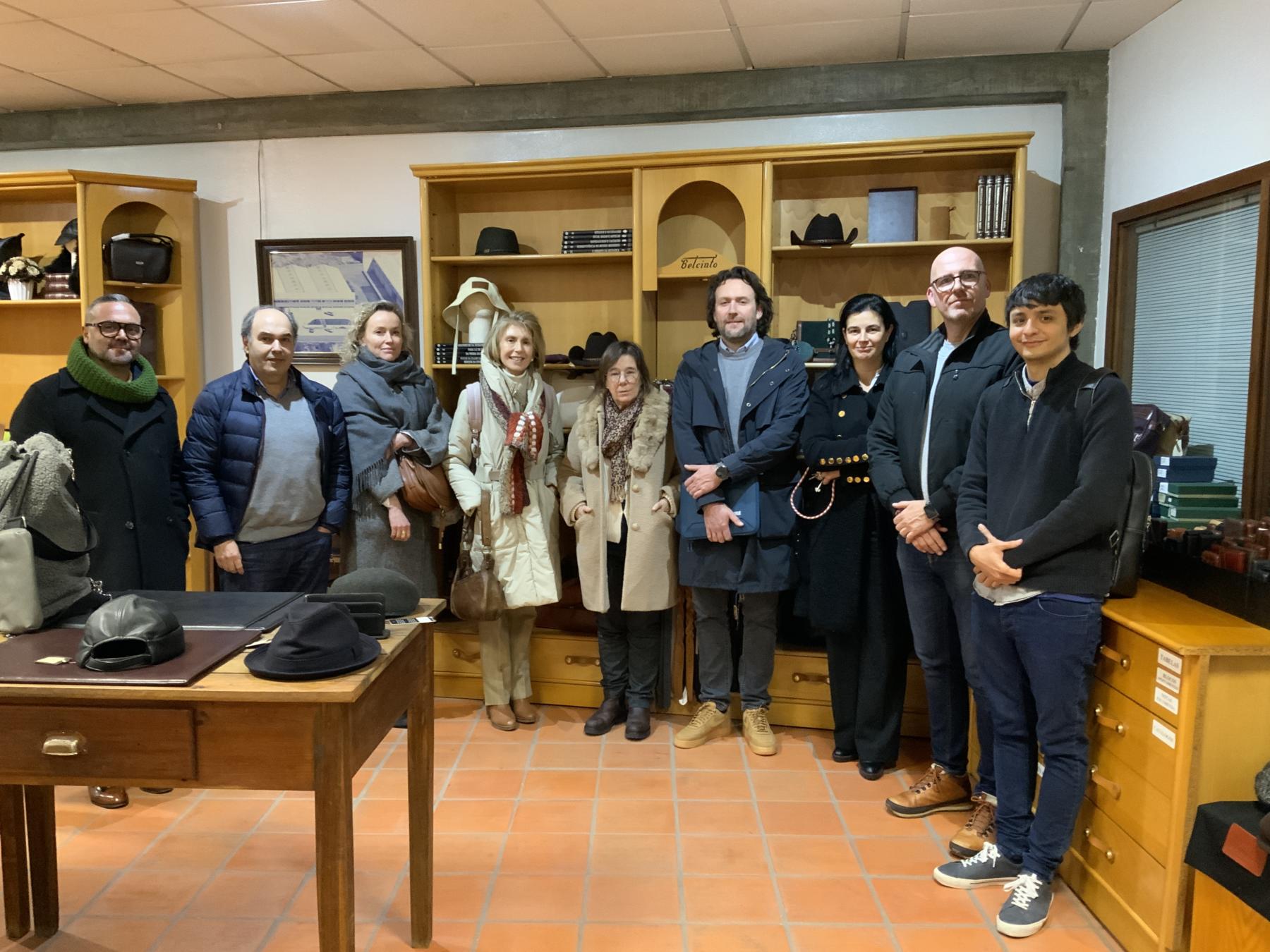Policies
Industrial Policy

The European footwear industry has a long tradition in the production and retail of innovative, creative and high-quality products, developed in accordance with consumer needs and demands. While being one of the most handcrafted industries in Europe, it has learned to take advantage of the advanced technologies to develop cutting-edge products.
EU Industrial Strategy
An EU Industrial policy can play a relevant role in building a resilient EU footwear industry. The EU Industrial Strategy was published shortly before the COVID-19 pandemic began and it did not envisage the current challenges. Therefore, the CEC advocated in various fora for a revised EU industrial strategy focused on EU economic recovery and on ensuring a serious level of self-sufficiency and less dependency on products and raw materials from distant supply sources.
Since early 2017, the CEC has been part of the alliance Industry4Europe, which is a large and unprecedented coalition of organisations dedicated to campaigning for an ambitious EU industrial strategy. With 156 member organisations from across the EU and spanning most sectors of the economy, Industry4Europe is helping to set the vision for the long-term future of the EU’s industrial and manufacturing strategy.
The most recent and ambitious publication of the Industry4Europe alliance is the Joint paper “A long-term strategy for Europe’s Industrial future: from words to action” co-signed by CEC which presents concrete industry cross-sectoral recommendations to the future EU industrial strategy announced by European Commission President-Elect Ursula von der Leyen. The alliance organises regular meetings with high-level EU officials to underline the vision of the industry in view of the upcoming strategy.
In response, in Spring 2021, the European Commission released an update to the 2020 Industrial Strategy entitled ‘’Building a stronger Single Market for Europe’s Recovery’’ which concentrates on the necessary actions to be taken following the unprecedented impact of the COVID-19 crisis and on the lessons learned from it, such as addressing strategic dependencies, strengthening the resilience of the Single Market as well as accelerating the twin transitions. As part of the EU industrial strategy, the European Commission proposed annual monitoring of the Single Market across 14 industrial ecosystems, footwear being included in the Textile ecosystem. This update was highly needed especially due to the additional pressures that the crisis has put on meeting the twin green and digital transition facing European industries, including the European Textile, Clothing, Leather and Footwear (TCLF) sectors.
In order to highlight the urgency for a dedicated strategy with support at the national and EU levels to help the TCLF sectors after the COVID-19 pandemic, social partners signed a Joint Statement expressing their full support on the EU’s ambitions for a green and digital transition of the sectors, while insisting on concrete European measures to help the industries transform while they continue to suffer from an uneven global playing field.


